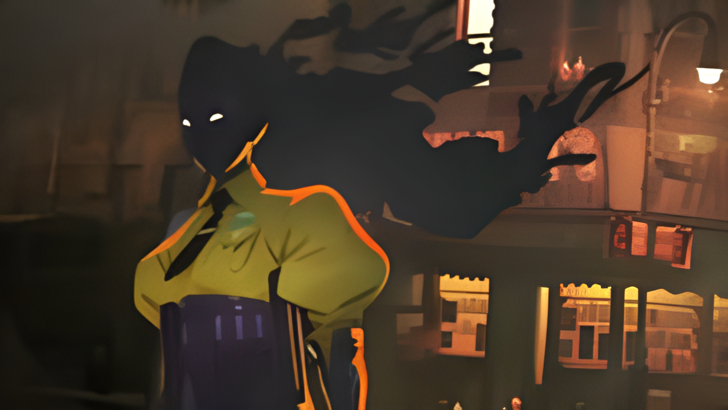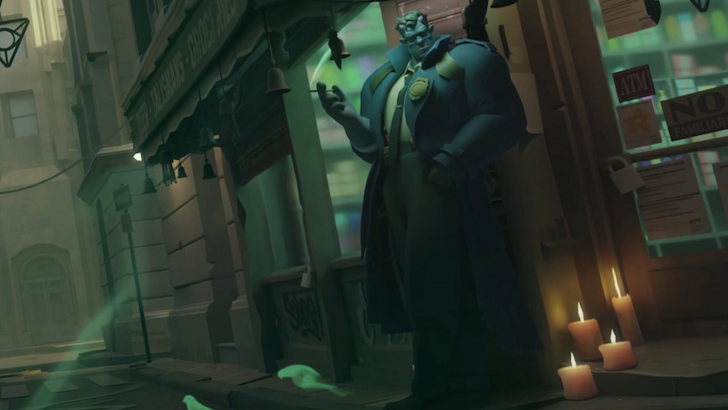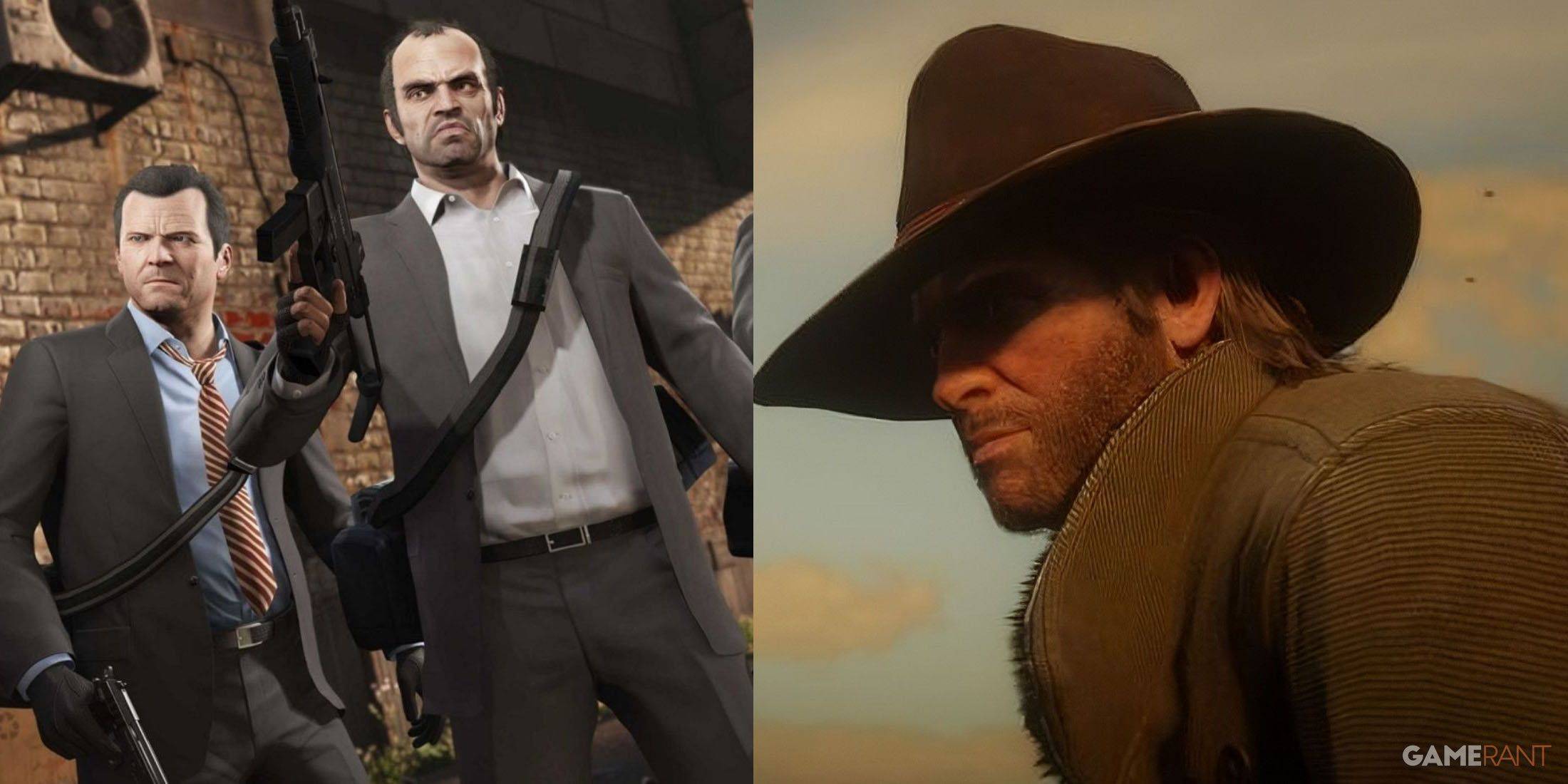Deadlock, Valve’s Upcoming MOBA Shooter, Officially Revealed on Steam
- By Isaac
- Dec 31,2024
Valve's New MOBA Shooter, Deadlock, Officially Launches on Steam

After a period of secrecy, Valve's highly anticipated MOBA shooter, Deadlock, has finally arrived on Steam. This article delves into the game's recent beta success, its unique gameplay, and the controversy surrounding Valve's approach to its own Steam store guidelines.
Valve Breaks the Silence on Deadlock

The official Steam page launch confirms Deadlock's existence, ending weeks of speculation fueled by leaks. The closed beta recently reached a peak of 89,203 concurrent players, a significant increase from the previous high of 44,512. Valve has now lifted restrictions on public discussion, allowing streaming and community engagement. However, it's important to note the game remains invite-only and is still in early access, featuring placeholder art and experimental mechanics.
A Unique Blend of MOBA and Shooter Gameplay

Deadlock blends MOBA and shooter elements, offering 6v6 combat similar to Overwatch. Teams battle for control, managing both their hero characters and squads of AI-controlled units across multiple lanes. This fast-paced action requires players to balance direct combat with strategic troop management. Key features include frequent troop respawns, wave-based battles, powerful abilities, and diverse movement options like sliding and zip-lining. The game boasts a roster of 20 unique heroes, encouraging diverse playstyles and teamwork.
Valve's Steam Store Standards Under Scrutiny

Interestingly, Deadlock's Steam page currently violates Valve's own store guidelines, which require at least five screenshots. Instead, it features only a single teaser video. This inconsistency has drawn criticism, with some arguing Valve should hold itself to the same standards as other developers. This echoes past controversies, such as the March 2024 sale of The Orange Box, where Valve faced criticism for promotional sticker additions. The debate highlights the complexities of Valve's dual role as both developer and platform owner, raising questions about the enforcement of its own platform policies. The future will tell how Valve will address these concerns.
Latest News
more >-

-

- Red Dead 2, GTA 5 Sales Stay Strong
- Dec 21,2025
-

-
-




